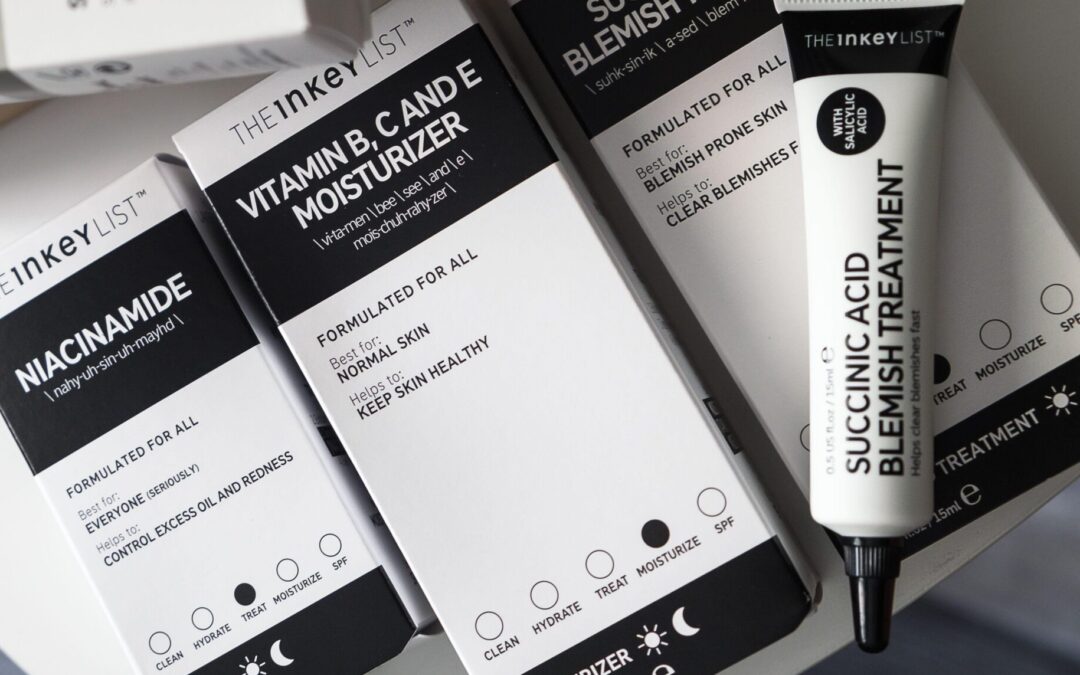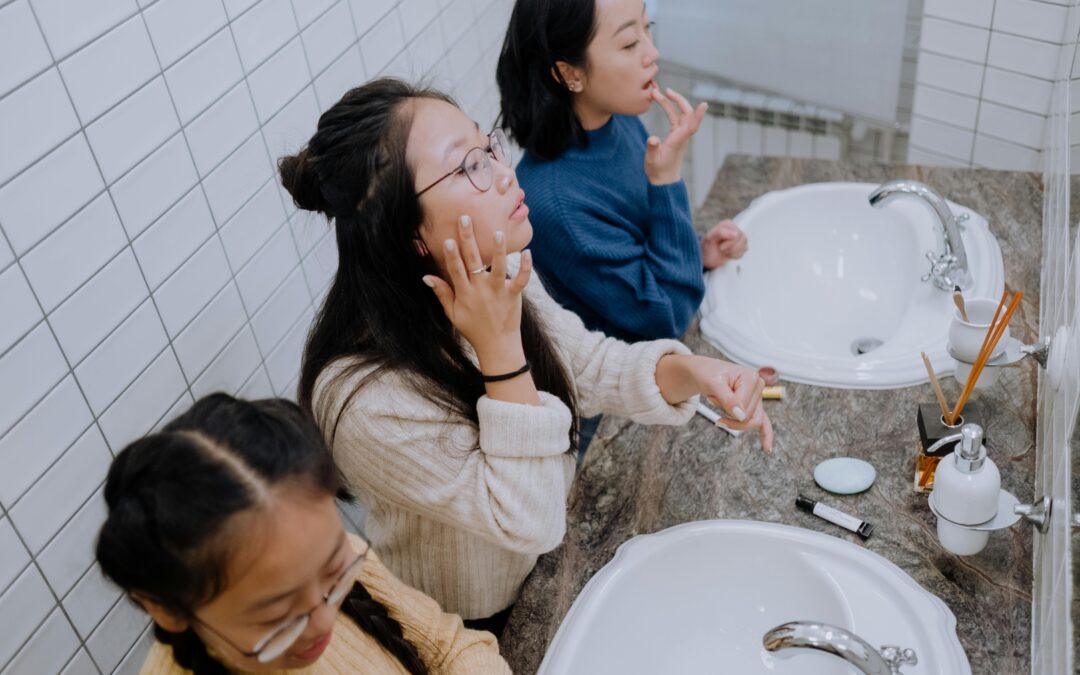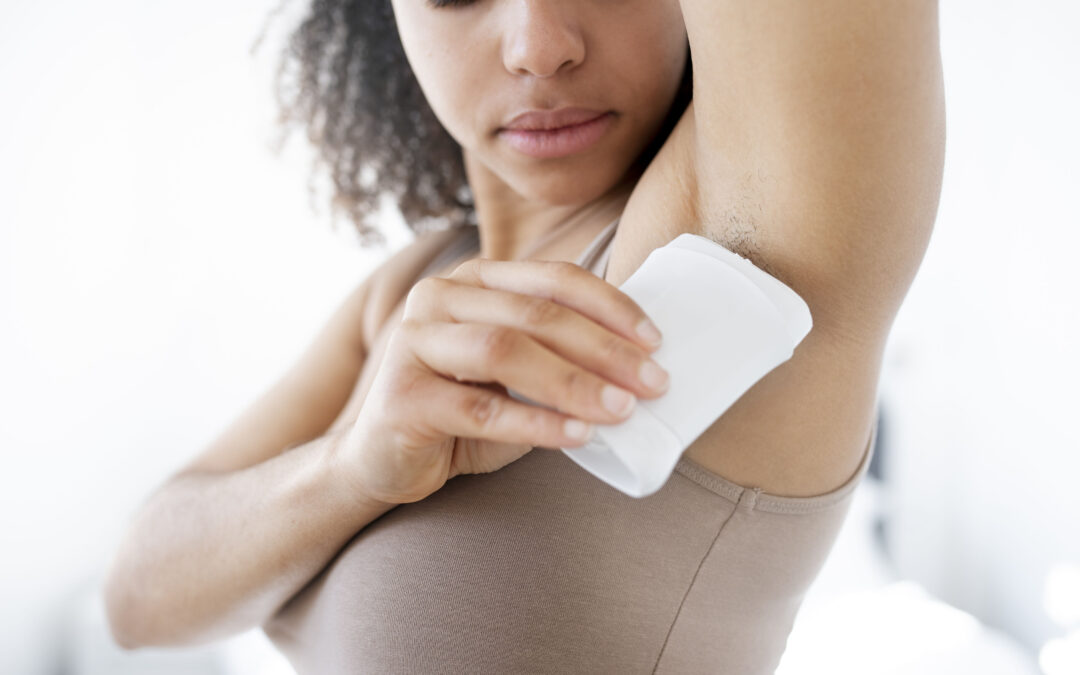In a world often fixated on conventional beauty standards, three women are breaking boundaries and sharing their journeys towards self-confidence. From receiving comments like “Horse-Face” and “Deadpool” to now embracing their features, each explains an inspiring perspective in learning to love what makes them different.
Hannah Turner, a 25 year old veterinary nurse from Windsor, has had a port wine stain birthmark since she was born.

I think the significance of my birthmark has definitely changed. When I was younger, it was more significant because children can’t always be the nicest people, and I got bullied quite a lot at school.
I didn’t like it at all. I would have it lasered every three months for the first 15 years of my life, to try and get rid of it. Then when I was 15, I got told the laser wasn’t working anymore, and I just thought, “Well, you’re stuck with it now.”
During that time I did a session on cover-up makeup which concealed my birthmark. I wore the makeup to school the day after, seeing if anyone would notice. Everyone, including people who’d known me for years said “I don’t know, have you cut your hair? What’s different?” That day I thought, if they can’t notice when it’s not there, then it’s not that deep.
It was definitely a phase of learning to accept it, but now I 100% love having it. It’s one of my best features. When I was 20, I actually got a modeling contract based solely off my birthmark. That was the whole reason they approached and signed me. So the meaning has gone completely full circle, to actually quite a significant love now.
I used to get called “Horse-Face” because you have horses with a stripe down their face, but the worst comments actually come from adults. Kids will notice it purely because it’s different, and they want to know what it is. Whereas adults will assume they know something about you and then trying to correct them is hard. One lady said: “I’m really sorry but I think you might have burnt your head”, and I thought “Oh honey you think I’ve put my suncream on like this?”
It’s funny, because I’ve always said apart from the modeling thing, my main goal in life is actually just to have it consciously not exist. I don’t even necessarily want to talk about it positively, I would just rather just not talk about it. I’ve got a pink stripe on my head and you don’t. Congratulations.
I obviously would always rather talk about it positively than negatively. But my goal in life and the people I surround myself with is, we don’t talk about it because it’s not necessary to talk about it. These things aren’t big and scary and they don’t make me a different person than the person sitting next to me.
If the world can get to a place where we don’t view visible differences as significant, that would be the epitome of what I want.
Read more Your Stories: In Conversation with Natalie O’Neill: dealing with PCOS, losing her freckles and perioral dermatitis – Radiance
Deena Bani, a 17 year old student from North West London, has burns on 17% of her body due to a childhood fire.

I got burnt when I was two years old. There were two candles lit on the dining table, and I must have been nosy, and climbed onto it to have a look at them. I was wearing a dress, and both the top and skirt caught on fire instantly and started to sizzle. I went into shock and didn’t make a noise, no screaming, nothing. I was basically a two-year-old little baby burning alive. But my grandma heard the sizzling of my dress, and ran into the room. She panicked, wrapped me in a towel and sprinted outside to the road, where a random stranger stopped and drove me to a hospital in London.
From there, I was put into a medically induced coma. I was in intensive care for two weeks and in hospital for about two months altogether. Now I continuously have surgeries every year.
People ask me daily, “If you have the opportunity to have surgery to get rid of them, will you?” I always say no, because I’ve been burnt since I was two. I’m burnt from my waist up and burnt on 17% of my body. I don’t know what I would look like without them or who I would be. They’ve shaped me into being such a caring and intelligent person to the point where I can fully understand where someone’s coming from, based on how I dealt with things and what I went through. I just wish people understood that we’re not victims, we’re survivors.
I think the most important thing my scars have taught me is to not worry about what you look like based on other people’s preferences, because you’re never going to be everyone’s cup of tea. I’ve had so many horrible comments, like people calling me “Deadpool” and “Freddie Kreuger”, and if someone says something to you, you have to think, could they handle what I’ve gone through? I’m pretty sure that’ll answer your question on whether you should believe whatever they’ve said to you.
When I realised I was a big role model for younger burn survivors, that was a key turning point for embracing my scars. There’s a burns camp I used to go to where I was always one of the oldest. Because I’m always very loud, I realized a lot of the younger kids used to look up to me because they used to see how confident I was and I would dress regardless of what my scars on my stomach or chest look like.
I met a younger girl named Gabby there who’s burnt in a similar place to me. She asked me one day how I became so confident and I gave her the truth, which was faking it until I made it. When you think it, you’ll start believing it. It made me really happy to know that she felt safe enough to confide in me, and she came to me specifically to ask me for advice. I feel like from then onward, it didn’t matter what others thought, because at the end of the day I’m helping people without even realising I’m doing it.
Alina Pamok, an 18 year old student from Hannover, Germany, has had a facial mole since the age of 8.

When I was ten, at my friend’s baptism, someone who I didn’t even know told my parents, “she’s such a beautiful girl, but I think you should remove the mole – maybe it’s cancer?” and kids at school would always say “Alina has a bubble on her nose.”
Because of comments like those, people’s opinions influenced me to think it was wrong, that I was supernatural, in a bad way. It definitely hurt, but it was mostly just a sign to me how uneducated some people are, so I was just disappointed.
On the other hand, I feel like I have a special bond with people because of it. It sounds weird, but every time I see someone else with a mole, I have to smile at them. I feel so connected to them. It makes me so much more confident, because they also know what it’s like to live with one, and it’s comforting to see you’re not different, you’re completely normal as well.
Right now, I’m at this point where I don’t really mind my mole anymore, but there was a time I had really low confidence. I always compared myself to people with smaller moles online, where the comments said “your mole is so pretty, I wish mine was”. It made me so insecure and not want to post. Yet ever since I started posting, people have said it fits me so well, and now I make more positive TikToks. Even when I put on makeup now, I always use a q-tip and remove the makeup on my mole.
I did seriously consider removing it with a homemade remedy when I was 15, at a time where I felt so ugly, because everyone in my friend group had clear skin and not a mole, and I had both. Thankfully I didn’t go through with it.
My mum’s advice was so helpful. “Obviously I’m not going to stop you, but I’ve never seen you any different.” she told me, “One day you might think “why did I do that?” and you can never redo the process. Think about yourself ten years from now. If you still feel the same then, just do it. But if you don’t, just know you made the right decision.”
Looking back, I would literally get on my knees and beg my younger self not to think of removing it because it’s such a big part of myself, even if it’s not that big physically.



